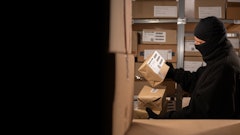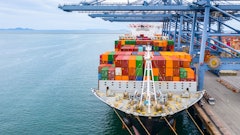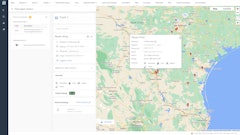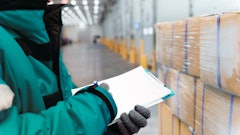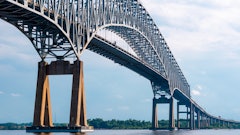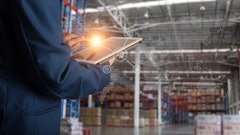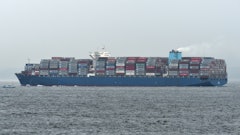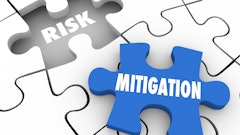Perhaps 2005 will be remembered most for the horrific natural disasters that seemed to occur one after another this year, starting with the deadly tsunami that rocked the Indian Ocean last Dec. 26.
Instead of singing Auld Lang Syne while ringing in 2005, we were watching endless coverage of 30-foot waves pounding foreign shores, wiping out everything in their path. Not a good way to start the New Year; it was a harbinger of what was to come.
Natural disasters continued: record snowfalls, blizzards, fires, tornados, earthquakes, floods—culminating with Hurricane Katrina, one of the worst natural disasters in the history of the United States. Since 9/11, many of us have worried about terrorism, but if there's a lesson to be learned this year it's that Mother Nature can be just as lethal as a terrorist attack—if not deadlier.
One good thing that has come out of these disasters is that they have spurred many companies to re-evaluate their disaster and contingency plans. Whether you're a local distributor or a global manufacturer, you've got to be ready to handle any disruptions in the supply chain—big and small.
A new book by Yossi Sheffi, The Resilient Enterprise: Overcoming Vulnerability for Competitive Advantage, addresses what companies need to do to lower their vulnerability and become more resilient in recovering from high-impact disruptions.
Sheffi, a professor at MIT, based the book on a research project that he oversaw as the director of the MIT Center for Transportation and Logistics. The book presents case studies that look into disruptive events that impacted the operations of a number of well-known organizations. It takes an in-depth look at virtually every type of disruption imaginable and what steps companies need to take to prepare for and bounce back from these events. I peruse a lot of supply chain books, but I wound up reading this book cover to cover because it is a fascinating look into the inner workings of companies around the globe.
I highly recommend "The Resilient Enterprise" to anyone who is interested in learning not only how to prepare for disaster, but who wants to look at supply chains from a different point of view.
New look at www.foodlogistics.com. Our New Year's resolution here at Food Logistics is to provide you with easier access to more information than ever before. Next month, we are unveiling our Web site redesign, which is going to be easier to navigate and will feature exclusive content not found in the magazine, such as case studies and white papers. Please be sure to check it out and let us know what you think. We'd also like to wish you a happy, healthy and safe New Year. See you in 2006!




